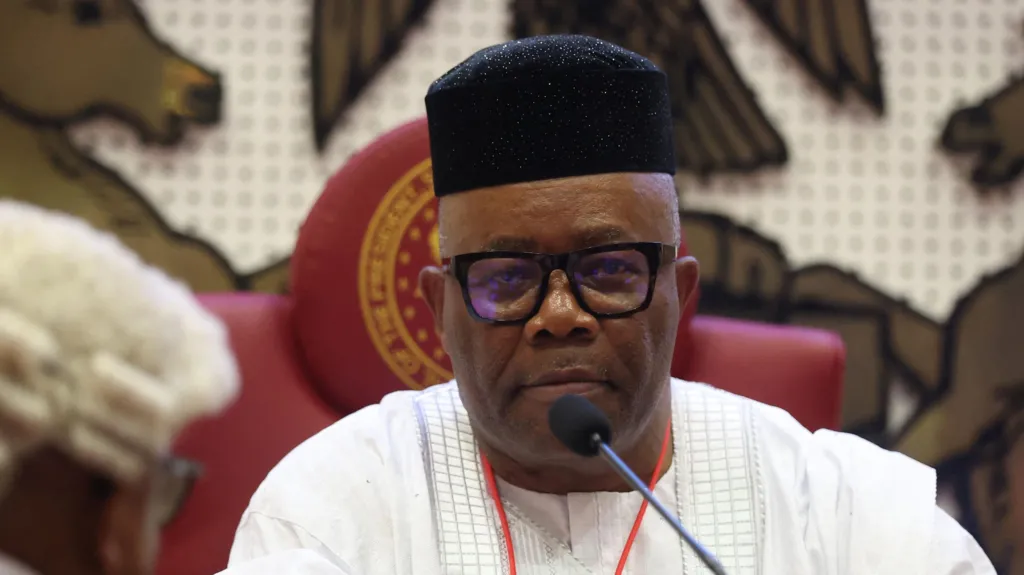Nigeria may have lost over $300 billion in crude oil proceeds to theft, leakages, and systemic corruption over the years, according to an interim report of the Senate Ad-Hoc Committee investigating oil theft in the Niger Delta.
The report, presented on Wednesday by Senator Ned Nwoko (Delta North), laid bare deep-rooted lapses in the management of the nation’s oil and gas sector, including weak enforcement, poor measurement standards, and unaccounted exports that have drained public revenue on an unprecedented scale.
“The findings so far expose systemic irregularities and inefficiencies that have robbed the country of enormous wealth,” Nwoko told lawmakers while presenting the 40-page report.
The committee’s preliminary assessment pointed to cumulative losses exceeding $300 billion, citing consultant data that identified crude revenue shortfalls of $81 billion between 2016 and 2017, and over $200 billion in unremitted or untracked oil proceeds since 2015.
While lawmakers unanimously described the report as “disturbing” and “eye-opening,” sharp disagreements arose over the committee’s proposal to “track, trace, and recover” stolen crude oil and proceeds.
Senator Abdul Ningi (Bauchi Central), commending the committee’s work, warned against overstepping legislative limits.
“We can track and trace, but recovery is beyond the powers of the Senate. That function belongs to the EFCC or ICPC,” he said.
Senator Solomon Adeola (Ogun West), Chairman of Appropriations, supported Ningi’s position, stressing that the Senate must stay within its constitutional oversight boundaries.
“The committee should provide names, figures, and locations, but recovery is an executive responsibility,” he said.
Former Accountant-General of the Federation, Senator Ibrahim Dankwambo (Gombe North), called for a forensic, well-by-well and rig-by-rig audit to expose all actors involved, from companies and individuals to illegal refineries.
“This is not a simple theft problem; it is a complex network of collusion and concealment,” he added.
To address the crisis, the committee recommended that the Nigerian Upstream Petroleum Regulatory Commission (NUPRC) enforce international crude measurement standards across all production and export sites.
It also urged the Federal Government to deploy modern surveillance systems, including unmanned aerial vehicles (UAVs), to monitor pipelines and coastal operations, and to establish a Maritime Trust Fund to boost maritime safety.
The report further advised the creation of special courts for the speedy prosecution of oil thieves, the full enforcement of the Host Communities Development Trust Fund under the Petroleum Industry Act (PIA), and the reassignment of abandoned wells to the NUPRC for proper utilisation.
Presiding over the debate, Senate President Godswill Akpabio lauded Senator Nwoko and his team for what he called a “thorough and courageous effort,” but sided with those urging legislative restraint.
“Our duty is to track and trace. Recovery lies with government agencies. Nonetheless, this $300 billion revelation is staggering and demands urgent reform,” Akpabio said.
The Senate thereafter adopted the interim report, directing the committee to continue its investigation and submit a final, comprehensive report with actionable recommendations on halting oil theft and plugging revenue leakages.
